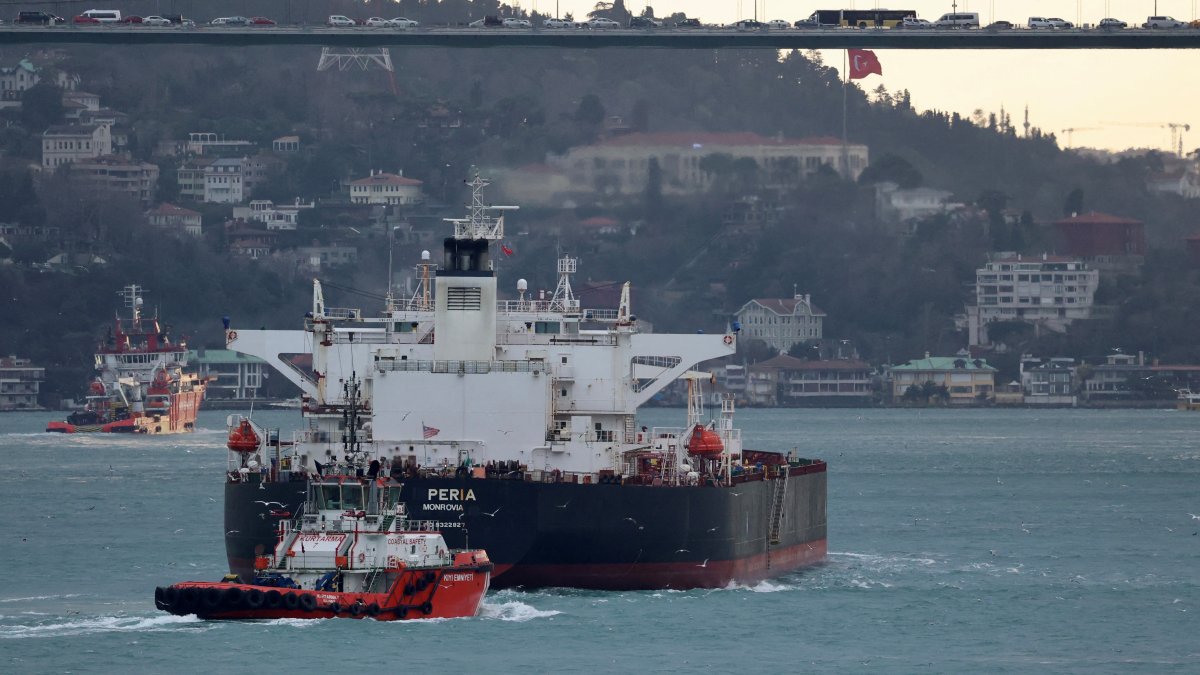Opinion | How Turkey pursues dissident exiles like me all over the world
Like an Old West poster, it offered a reward: up to 500,000 Turkish lira — approximately $27,000 — for information that would lead to my capture.
What could I have done to deserve this sudden infamy? For the past six years I’ve lived in Germany, working as an independent journalist online and on the radio. A note below my name linked me to Fethullah Gulen, a religious cleric residing in Pennsylvania, who is accused of masterminding a coup attempt against Turkish President Recep Tayyip Erdogan in 2016. I’ve never set eyes on the man.
Here’s the real reason I assume I was on the list. In 2015, when I was editor in chief of the Cumhuriyet newspaper in Istanbul, we published a report, including photographs and video, on the Turkish intelligence agency, MIT, illegally shipping weapons to Islamist militants in Syria. Erdogan said the reports revealed a “state secret” and told state-run TV, “The person who wrote this story will pay a heavy price for it; I won’t let him go unpunished.”
Give him credit: He kept his word. I was arrested six months after that article appeared and kept in pretrial detention for 92 days. Freed by the constitutional court pending a trial, I was able to leave Turkey — and after an attempted military coup in 2016, I decided not to go back. A few years later, a Turkish court sentenced me, in absentia, to more than 27 years in prison for obtaining and publishing state secrets. Meanwhile, the government confiscated everything I owned.
By adding my name to a terrorist list six years later, Erdogan is threatening me again.
This is what has been happening to exiled opponents of the Turkish regime all over the world. Erdogan is attempting to either kidnap them and bring them back to Turkey, or punish them where they live, to which ends he deploys his intelligence agency, thugs operating illegally outside the country — or even diplomacy.
According to a 2021 Freedom House report, the Erdogan regime had pursued opponents in 31 countries across the United States, Europe, the Middle East, Africa and Asia since 2016; they reported 58 instances of extradition or abduction. “No other perpetrator state was found to have conducted such a large number of renditions, from so many host countries,” the report says.
— Nuri Gokhan Bozkir, a former Turkish special forces officer who worked with MIT on the shipments of illegal weapons to Syria, fled Turkey in 2015 and eventually sought asylum in Ukraine. There he provided evidence of this arms trade to the media. Erdogan demanded Bozkir’s extradition. But Bozkir remained … until Russia began massing troops on Ukraine’s border in 2021, and Ukraine’s need for military support apparently trumped principle. In January 2022, Erdogan proudly announced that Bozkir had been captured by Turkish agents inside Ukraine. After the abduction, Ukrainian officials did not respond to media requests for comment. In the first months after the invasion, Turkish drones were key to Ukraine’s defense.
— Sedat Peker is a convicted mob boss once renowned for his loyalty to Erdogan. After a government raid on his home and other properties, however, he fled Turkey in 2020. Living in the United Arab Emirates, he began posting videos exposing the Erdogan regime’s misdeeds. Last year, Erdogan visited the UAE and signed 13 bilateral agreements on trade, transportation and other issues. Shortly thereafter, Peker posted a video stating he had been cautioned by UAE authorities and so he was pausing his online activity. Since then he has sunk into total silence.
— Sweden applied for NATO membership last year in the wake of Russia’s invasion of Ukraine. But Turkey, a NATO member since 1952, objected to its membership, as well as that of neighboring Finland, demanding the two countries turn over more than 70 people the regime calls “terrorists,” Surprise: In November, Sweden changed its constitution to “limit freedom of association when it comes to associations that engage in or support terrorism,” and in December, one person named on Turkey’s “terrorist list’ was extradited and subsequently arrested in Turkey.
So far, the Swedish Supreme Court has blocked the extradition of journalist Bulent Keneş, saying it was politically motivated; and the Swedish government has rejected four long-standing extradition requests from Turkey.
We will see what happens.
For now, it is clear that Turkey’s “Wanted” list is far too long to fit on a poster nailed to a sheriff’s wall. And it will continue to grow as long as the world gives into the bullying and blackmail by Erdogan.



